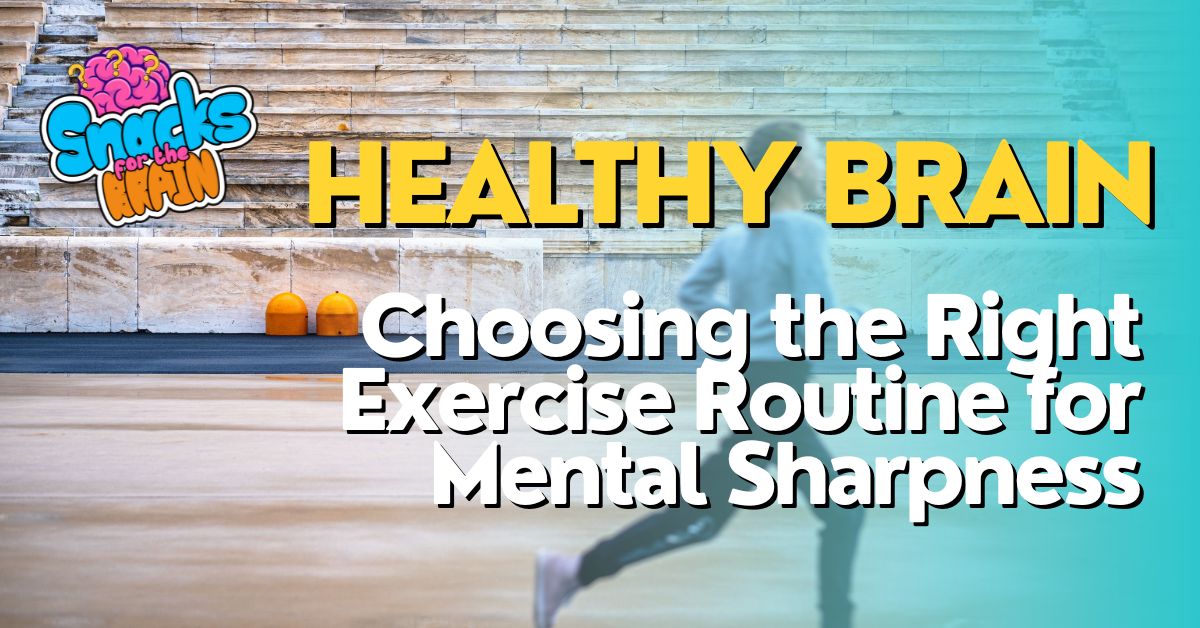Managing stress is crucial for academic success. The demands of schoolwork, exams, and extracurricular activities can often lead to overwhelming stress for students. It is important for students to understand the link between stress and academic performance, identify the causes of stress, and learn effective coping strategies. This article will explore these topics in depth, providing valuable insights and practical tips for managing stress and achieving academic success.
Key Takeaways
- Stress can have a negative impact on academic performance and mental health.
- Common causes of stress among students include academic pressure, social relationships, and financial concerns.
- Effective coping strategies for managing stress include exercise, mindfulness techniques, and time management.
- Prioritizing sleep and seeking professional help can also be beneficial for stress management.
- Building resilience and developing a positive mindset can help students better manage stress.
Understanding the Link between Stress and Academic Performance
Stress can have a significant impact on academic performance. When students are stressed, their ability to concentrate and retain information is compromised. Stress can also lead to feelings of anxiety and overwhelm, making it difficult for students to perform at their best. Additionally, chronic stress can negatively affect sleep patterns, further impairing cognitive function.
There are different types of stress that students may experience. Acute stress is short-term and often occurs in response to a specific event or situation, such as an upcoming exam or presentation. Chronic stress, on the other hand, is long-term and can be caused by ongoing pressures and demands. Both types of stress can have a detrimental effect on academic performance if not managed effectively.
Identifying the Causes of Stress among Students
There are several common stressors that students may face. Academic pressures, such as heavy workloads and high expectations, can contribute to stress. Students may also experience stress related to their personal lives, such as family issues, relationship problems, or financial difficulties. The transition to college or university can also be a major source of stress for students.
Different factors can contribute to stress in different ways. For example, family issues can create emotional turmoil and distract students from their studies. Relationship problems can cause anxiety and affect concentration. Financial difficulties can lead to added pressure to succeed academically in order to secure future employment opportunities. It is important for students to identify the specific causes of their stress in order to effectively address them.
The Impact of Stress on Mental Health and Academic Performance
Stress can have a significant impact on mental health. It can lead to symptoms of anxiety and depression, making it difficult for students to focus and perform well academically. Chronic stress can also increase the risk of developing mental health disorders, such as anxiety disorders or mood disorders.
In addition to its effects on mental health, stress can also have a negative impact on academic performance. When students are stressed, they may struggle to concentrate, retain information, and perform well on exams. Stress can also lead to procrastination and poor time management, further exacerbating academic difficulties.
Effective Coping Strategies for Managing Stress
There are various coping strategies that students can use to manage stress effectively. It is important for each individual to find strategies that work best for them. Some common coping strategies include exercise, mindfulness techniques, time management, and seeking social support.
Exercise is a powerful stress reliever. Physical activity releases endorphins, which are natural mood boosters. Regular exercise can also improve sleep quality and overall well-being. Mindfulness techniques, such as deep breathing exercises and meditation, can help students relax and reduce stress levels. Time management strategies, such as creating a schedule and prioritizing tasks, can help students feel more in control of their workload. Seeking social support from friends, family, or counselors can provide a valuable outlet for expressing emotions and receiving guidance.
Mindfulness Techniques for Stress Reduction

Mindfulness is a practice that involves paying attention to the present moment without judgment. It has been shown to be effective in reducing stress and improving overall well-being. Mindfulness techniques can be easily incorporated into daily life and can help students manage stress more effectively.
One mindfulness technique is deep breathing exercises. Taking slow, deep breaths can activate the body’s relaxation response and reduce feelings of stress. Another technique is body scan meditation, where students focus their attention on different parts of their body, noticing any sensations or tension. This can help students become more aware of their physical and emotional state and release any tension or stress they may be holding onto.
The Role of Exercise in Stress Management for Students
Exercise is not only beneficial for physical health but also for stress management. Regular physical activity has been shown to reduce stress levels and improve overall well-being. Exercise releases endorphins, which are natural mood boosters, and can help students feel more energized and focused.
There are different types of exercise that students can try. Aerobic exercises, such as running or swimming, can increase heart rate and release endorphins. Strength training exercises, such as weightlifting or yoga, can help build resilience and improve overall fitness. Students can also try incorporating physical activity into their daily routine by taking the stairs instead of the elevator or going for a walk during study breaks.
Time Management Tips for Reducing Stress and Improving Academic Performance
Poor time management can contribute to stress and hinder academic performance. When students feel overwhelmed by their workload or have difficulty prioritizing tasks, they may experience increased stress levels. Effective time management strategies can help students feel more in control of their workload and reduce stress.
One time management strategy is creating a schedule or to-do list. Breaking down tasks into smaller, manageable chunks can make them feel less overwhelming. Prioritizing tasks based on deadlines or importance can also help students focus on what needs to be done first. It is also important for students to set realistic goals and avoid overcommitting themselves.
The Importance of Sleep for Stress Management and Academic Success
Sleep plays a crucial role in stress management and academic success. When students are sleep-deprived, they may experience increased stress levels and have difficulty concentrating and retaining information. Lack of sleep can also impair cognitive function and memory.
There are different strategies that students can use to improve sleep quality. Establishing a consistent sleep schedule can help regulate the body’s internal clock and promote better sleep. Creating a relaxing bedtime routine, such as reading or taking a warm bath, can signal to the body that it is time to wind down. It is also important for students to create a sleep-friendly environment by keeping their bedroom cool, dark, and quiet.
Seeking Professional Help for Stress and Anxiety
There may be times when professional help is needed to manage stress and anxiety effectively. If stress levels become overwhelming or begin to interfere with daily functioning, it may be beneficial to seek help from a mental health professional. They can provide guidance and support in developing coping strategies and managing stress.
There are different types of professionals who can help. Psychologists and counselors can provide therapy and support for managing stress and anxiety. Psychiatrists can prescribe medication if necessary. It is important for students to reach out for help if they feel they are unable to manage their stress on their own.
Building Resilience and Developing a Positive Mindset for Stress Management
Building resilience and developing a positive mindset are important for managing stress effectively. Resilience refers to the ability to bounce back from adversity and adapt to challenges. A positive mindset involves cultivating optimism and focusing on solutions rather than problems.
There are different strategies that students can use to build resilience and develop a positive mindset. Practicing self-care, such as engaging in activities that bring joy or relaxation, can help build resilience and improve overall well-being. Cultivating gratitude by focusing on the positive aspects of life can also help shift perspective and reduce stress levels. It is important for students to remember that setbacks are a normal part of life and that they have the ability to overcome challenges.
Managing stress is crucial for academic success. By understanding the link between stress and academic performance, identifying the causes of stress, and implementing effective coping strategies, students can reduce stress levels and improve their overall well-being. It is important for students to try different strategies and seek help if needed. With the right tools and support, students can successfully manage stress and achieve their academic goals.
If you’re looking for more tips and techniques to improve your academic performance and manage stress as a student, you might find this article on «13 Tips and Tricks to Memorize Faster and Remember What You Learned» helpful. It provides practical strategies to enhance your memory and retention skills, which can be invaluable when studying for exams or trying to absorb new information. Check it out here for some useful insights.
FAQs
What is stress?
Stress is a physical and emotional response to a challenging situation or event. It can be caused by a variety of factors, including academic pressure, personal relationships, and financial difficulties.
How does stress affect academic performance?
Stress can have a negative impact on academic performance by causing difficulty concentrating, memory problems, and decreased motivation. It can also lead to physical symptoms such as headaches and fatigue.
What are some common stressors for students?
Common stressors for students include academic pressure, social relationships, financial difficulties, and time management issues.
What are some effective stress management techniques?
Effective stress management techniques include exercise, meditation, deep breathing, time management, and seeking support from friends, family, or a mental health professional.
How can stress management improve academic performance?
By reducing stress levels, students can improve their ability to concentrate, retain information, and stay motivated. This can lead to better academic performance and overall success in school.




